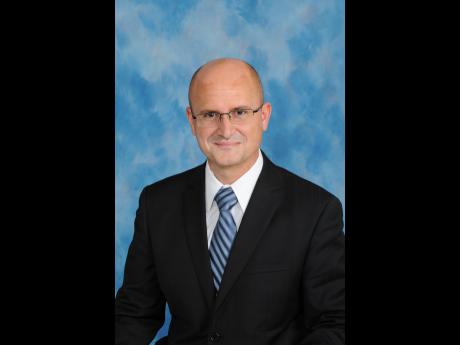A new heart and a new life - Eight-year-old boy thankful for heart pump implant
Dr Steven Bibevski, cardiothoracic surgeon who specialises in paediatric and congenital heart surgery, as well as heart transplantation and artificial heart support at Joe DiMaggio Children's Hospital, part of Memorial Healthcare System in South Florida, saved the life of an eight-year-old boy, who was born with an univentricular heart, performing a single-ventricle palliation (fontan operation) using a different and successful heart pump implant that completely improved the child's quality of life.
The single-ventricular palliation becomes necessary when infants are born with univentricular hearts. It is usually performed when the patient is between 18 months and two years of age.
Dr Steven Bibevski performed a successful implant using a different type of pump, one traditionally used in adults with heart failure. In this case, the patient was an eight-year-old boy who was suffering from heart weakness, and after this procedure, he was strong enough to receive a heart transplantation a couple months later.
"These successes are only possible when the entire team of doctors, nurses, therapists and even hospital administrators are on the same page. We are fortunate to have such a team at Joe DiMaggio Children's Hospital that continually allows us to push the frontiers of medicine and help set the new standard for healthcare available to children," said Dr Bibevski.
As Dr Steven Bibevski mentioned, it is very important for a hospital to have an excellent and qualified team of doctors to be able to perform complex heart surgeries with positive results. Joe DiMaggio Children's Hospital in South Florida is proud to became one of the first facilities in the United States to perform heart pump implantations for small children. This procedure helps to bridge the wait for transplantation.
"Undertaking complex and novel surgeries carry some risks, given some of these devices are being used outside of its planned applications, and we are really pushing the frontiers of what's possible. If we don't explore the possibilities, it limits the potential lifesaving that can happen with clinical innovation," said Dr Bibevski.

